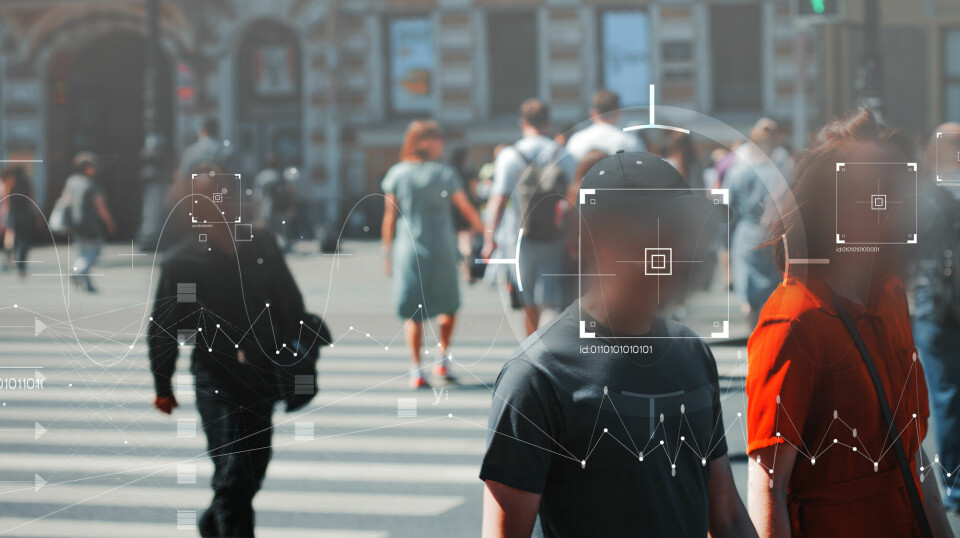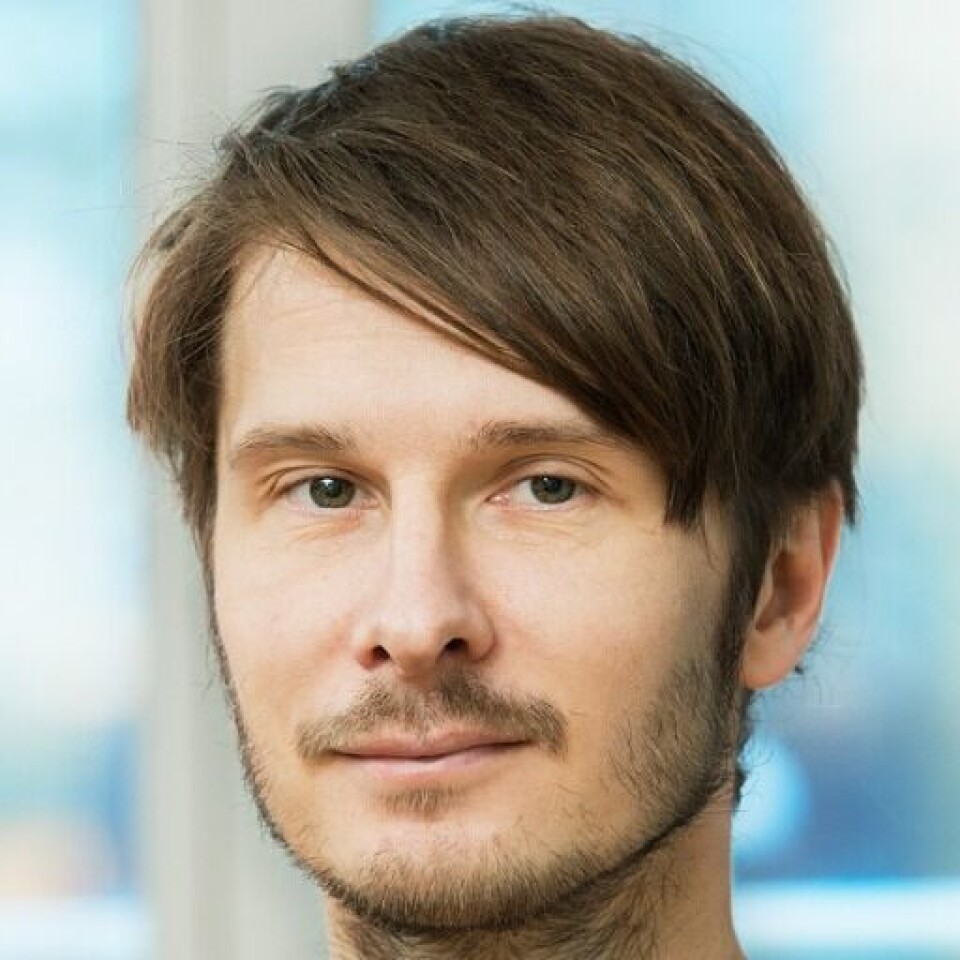
The Swedish government wants to use facial recognition against gang violence. How helpful is surveillance?
A Swedish criminologist says this could be an effective measure.
The Swedish government is taking strong measures to combat the gang violence that is plaguing the country.
Earlier this month the Swedish Minister of Justice arranged a press conference. There, Gunnar Strömmer (Moderate Party) presented a plan to reduce the severe violence that has almost become a daily occurrence in Sweden.
Together with other government parties and the Sweden Democrats, Strömmer introduced what they called a new ‘camera offensive’.
The parties are advocating for the police to acquire 2,500 new surveillance cameras by next year. This represents a fivefold increase in cameras since the new government took office.
The law needs to be changed
There needs to be a change in the law first, if the politicians are to get their way.
The government in Sweden is planning for this to happen quickly. Right now, an investigation is underway that is examining the regulations for camera surveillance. The committee will present its proposal in April.
If the new law is passed, the police will be allowed to use facial recognition with the help of AI technology to a much greater extent, svt.se writes (link in Swedish). This is intended to make it easier to identify criminals, such as gang members.
Police will also be able to automatically read license plates and have expanded opportunities to use drones in police work if the law is passed.
Surveillance works
Camera surveillance has been widely used in the fight against serious crime, for example in the UK. The Swedish government points to this.
But how effective is it really?
International research shows that camera surveillance can be effective in reducing crime, Swedish criminologist Manne Gerell says. He is a researcher at Malmö University and the University of Oslo, and specialises in gang violence. Gerell has also researched camera surveillance.
This is particularly true for planned crime such as theft and drug offences, especially in residential areas and parking lots.
Research from Sweden differs in one respect from international research.
“In our studies from Sweden, we have also seen that violent crimes can decrease in vulnerable areas with the help of camera surveillance,” Gerell says.
Impact on violent crime
He has personally studied the effects of camera surveillance in particularly vulnerable areas in Gothenburg, the second-largest city in Sweden.
Camera surveillance in Gothenburg had a greater impact on violent crime than on property crime.
Research also shows that camera surveillance can make it easier to investigate crimes, according to Gerell.
“But this effect may be less than expected because surveillance images often aren’t good enough to identify the perpetrator,” he says.
Increased surveillance is also probable in Norway

Martin Melin of the Liberals Party is also a police officer.
At a recent press conference, he said that he does not think people in Sweden will feel that their integrity is being violated by being filmed by surveillance cameras. He believes they are more concerned about their homes being destroyed or getting shot while out shopping.
Criminologist Gerell believes it’s important to weigh the benefits against the costs when it comes to camera surveillance.
“This is a type of surveillance that strongly invades people's privacy,” he reminds us.
Gerell says that there is a general trend of increasing camera surveillance in society.
It is therefore likely that this will also happen in Norway, he believes.
Facial recognition has two sides
Markus Lahtinen, a researcher at Lund University, is another Swedish expert on camera surveillance.
In an interview with Svenska Dagbladet (link in Swedish), he says that facial recognition is a very potent surveillance technique that greatly invades people's privacy.
If used correctly, it can be a powerful tool, Lahtinen believes.
But he also points out that it has its downsides.
In some countries, this is used to monitor and ‘score’ citizens.
China is an example of a country that has started to use this type of surveillance to boost morale among the population.
‘Hotspots’ for shootings
Stockholm, Malmö, and Gothenburg have become European ‘hotspots’ for shootings, along with some larger cities in the Netherlands, Belgium, and France.
Nils Duquet recently said this in an interview with Svenska Dagbladet (link in Swedish). He is a researcher on illegal arms trade and gun violence at the Flemish Peace Institute in Belgium.
He explains that in these countries, it is easier for young criminals to get their hands on firearms.
The trend of violence is difficult to break, Duquet says in the interview. He is concerned that this development will spread to other countries in Europe.
There is organised crime in Norway as well
The National Criminal Investigation Service Kripos has asked all police districts in Norway to report areas where they have organised criminal networks.
Kripos Chief Kristin Kvigne reported this during a lecture at Arendalsuka, an annual political festival in Norway, earlier this year.
“It shows that organised crime exists in all police districts in Norway,” she said.
Kvigne is concerned.
“There is a clear connection between the masterminds targeting Norway, other Nordic countries, and Europe in general,” she said.
Drugs are the cash cow
In addition to this environment becoming more international, it is also becoming more specialised, Kvigne reported.
“They have accountants and lawyers. They have specialists in logistics and cyber areas. It's no secret that drugs are the big cash cow here, but there’s also a lot of other crime activity,” she said.
Kripos’ chief believes that we have a great opportunity to do something about this problem in Norway now.
“But it must happen in cooperation with the major police units in Europe and the rest of the world,” she said.
———
Translated by Alette Bjordal Gjellesvik
Read the Norwegian version of this article on forskning.no





































